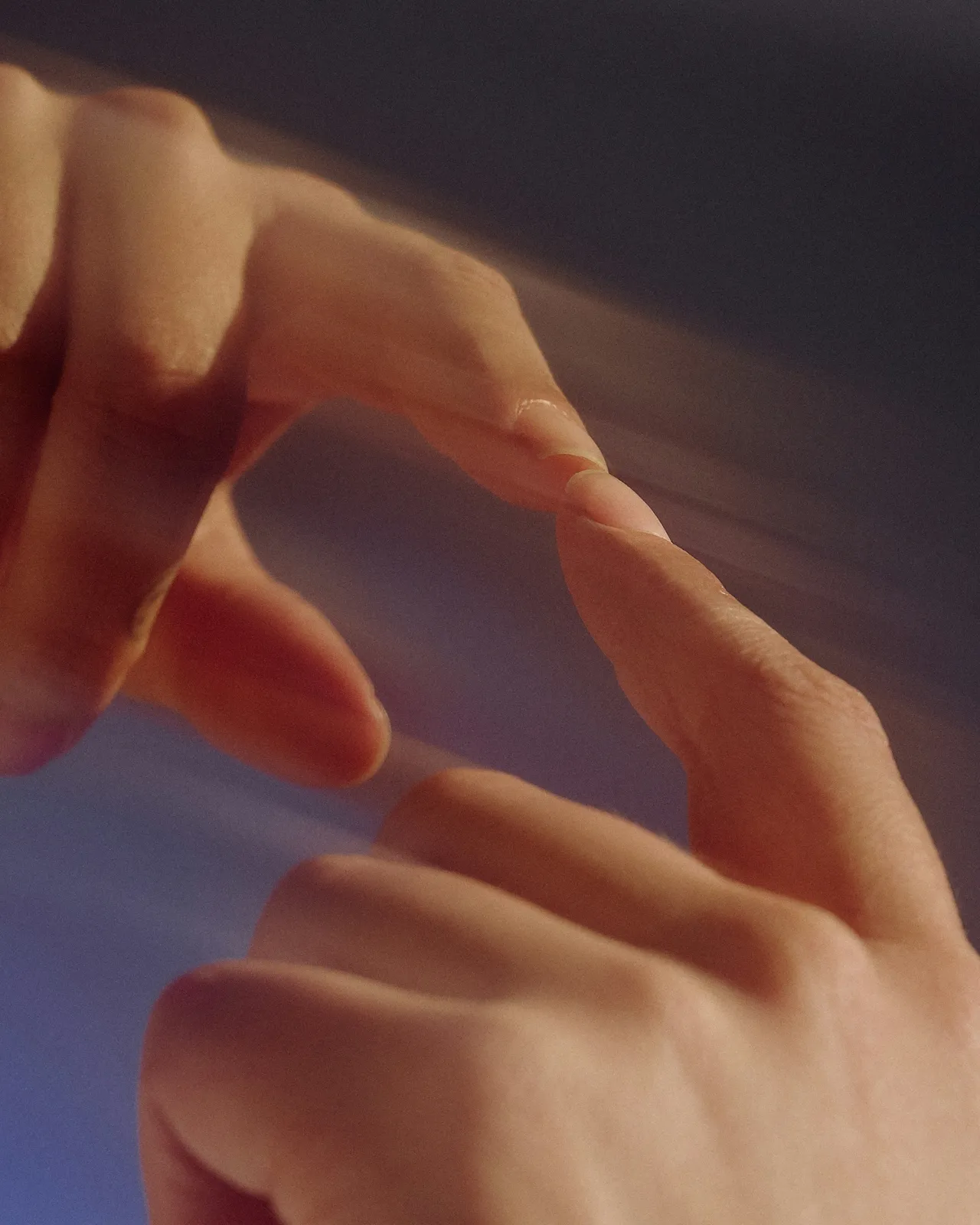AI is evolving fast, and naturally, that’s sparked some nervous chatter about its role in the design world. The question on everyone’s mind: Is AI here to replace human designers—or enhance their creative flow?
AI is evolving fast, and naturally, that’s sparked some nervous chatter about its role in the design world. The question on everyone’s mind: Is AI here to replace human designers—or enhance their creative flow?
The Rise of AI in Graphic Design
Let’s start with what AI does well. It's undeniably transforming the design landscape—making what used to take hours of tedious steps, like removing the background from a portrait, into a matter of a few clicks. Today’s AI tools can whip up logos, edit images, choose color palettes, and generate full-blown branding kits in minutes. Platforms like Canva and Adobe Express are leading the charge, helping even the most design-illiterate amateurs produce visuals that almost pass as professional.
The appeal is obvious: simplicity, speed, and cost savings. There is no need to seek freelancers or sit through rounds of revisions. Just type in a prompt like “Make me a sexy tech logo in neon pink with a retro vibe,” and you get results in seconds. For startups or newbie entrepreneurs, these tools are budget-friendly lifesavers.
But here’s where AI is still flawed: while it’s great for producing “good enough,” AI is rarely pushing boundaries or tapping into nuanced creative thinking. You get functional. You get fast. But you don’t get heart.


